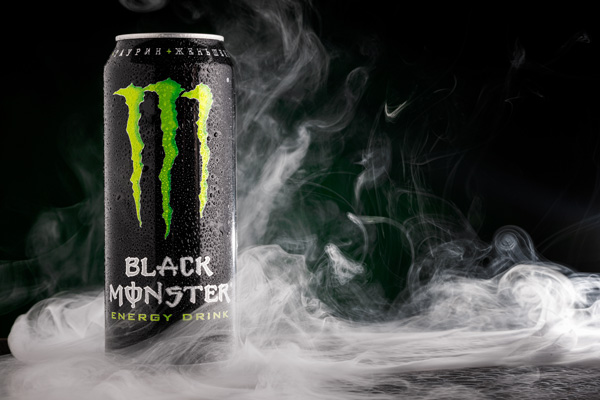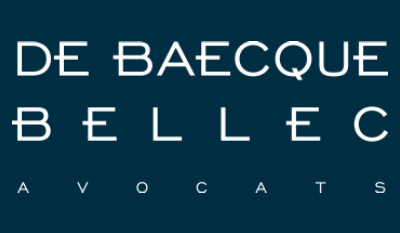One trademark, one use, several classes of products?
The Nice Classification is used to organize the filing of a trademark for various goods and services. As a matter of principle, a single product is assigned to a single class. As an exception, only some products can belong to several classes. All the subtlety and complexity of trademark law in a recent decision of the European Union Court, relating to MONSTER energy drinks.

The principle of the unique imputation of a trademark
The MONSTER trademark has been registered for many years to protect, among other things, “coffee-based drinks” in class 30 and “energy drinks” in class 32. In the context of a revocation action brought against the mark, the evidence of use invoked confirms an exploitation for energy drinks, some of which contain coffee. The EUIPO (European Union Intellectual Property Office) thus maintained the rights to the mark in class 32. On the other hand, the Office declared the revocation of the trademark for the products in class 30.
On November 10, 2021, the European Court of First Instance confirmed this partial revocation. It analyzed the products exploited under the MONSTER trademark to determine that they are primarily energy drinks, whether they contain caffeine, taurine or other substances.
The court recalls that the principle “is that of classifying a finished product in a single class according to its function or purpose“.
The Nice classification has an administrative scope, but it should not allow the defensive protection of products belonging to other classes. The practice of defensive trademarks is in contradiction with the very basis of trademarks, as envisaged by the European Union. Thus, a double classification for the same product is not possible.
The Nice Classification notice and the advice of a trademark attorney should help to determine the characteristics of the products and ensure a relevant and long-lasting protection.
The exception: the dual classification of the multi-purpose product
In rare cases, a multi-purpose ended product allows for registration of a mark in multiple classes. This product is included in several classes in consideration of its different functions or purposes.
These are products that are sold as a whole, but where each component has an independent and distinct market value and could be marketed in isolation.
For example, a radio alarm clock is protectable under radio sets (class 14) and alarm clocks (class 9). In the same way, an adrenaline pen-injector for allergy sufferers has two very different aspects: a particular injection device and a medical device.
This raises concerns about the proper classification of trademarks for highly complex or multifunctional products. In general, the court will look for the primary function of the product. For example, a smartphone is first and foremost a phone, even if it is now much more than that.
This case shows the complexity of trademark registration and the interest of being accompanied in one’s strategy by an expert in trademark law.

Stephane BELLEC
Trademark attorney
Stéphane Bellec, Attorney, Partner Cabinet De Baecque Bellec
Intellectual property attorney
Tél. + 33 (0) 1 53 29 90 00
